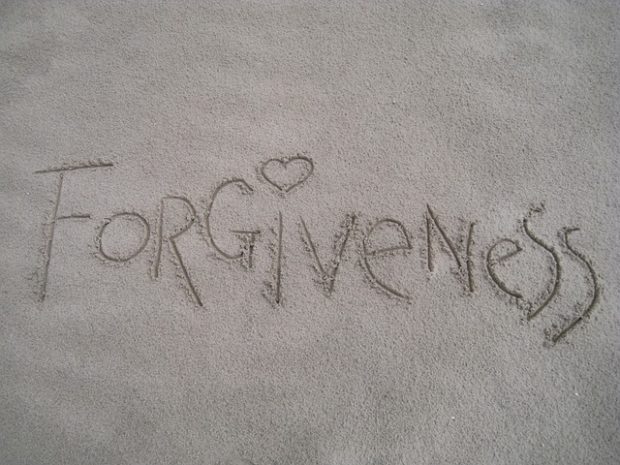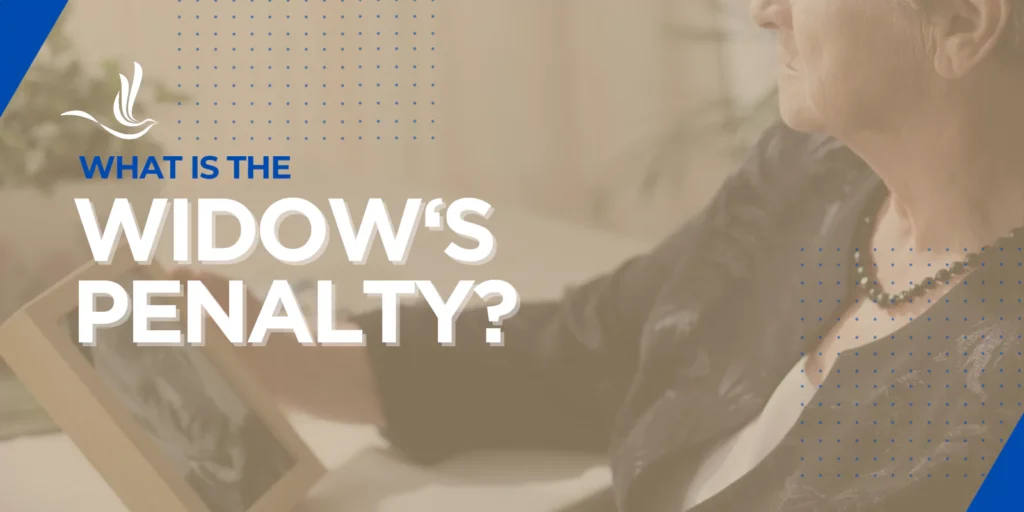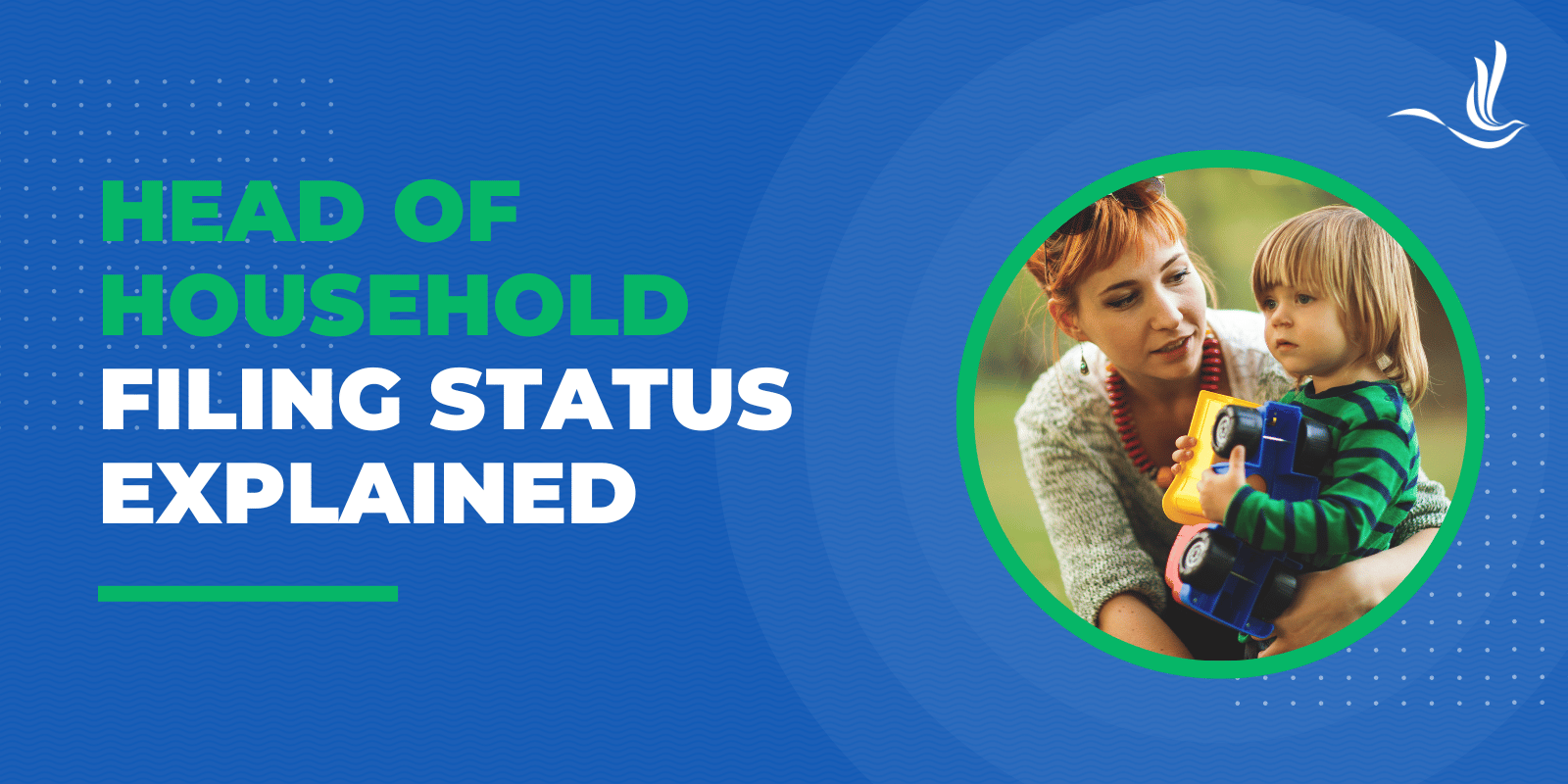This is day 28 of our 30 day series “30 Simple Things to Do to Change Your Life in 30 Days. If you missed a day, links to previous articles follow this article
Holding onto anger, resentment, or disappointment may feel justified, but the longer you carry it, the more it weighs you down. It’s natural to feel hurt when we’ve been wronged, and sometimes we feel holding onto that pain keeps us safe from future hurts or shows we’re right. But the truth is, forgiveness and letting go offer a powerful path to freedom—emotional, mental, and even physical freedom.
Today, let’s explore why letting go is essential to your well-being and how it empowers you to take control of your life. Releasing past hurts is not about excusing behavior or pretending things didn’t happen; it’s about taking the steps to heal and move forward.
Why Holding onto Resentment Hurts You More Than Anyone Else
When we hold onto anger or resentment, we unknowingly give the person who hurt us power over our thoughts, our time, and even our future. By replaying painful memories, we relive those hurts repeatedly, allowing the past to dictate our emotions. Here are a few ways holding onto anger impacts us:
Increased Stress Levels: When we constantly think about someone who wronged us, our bodies respond with stress. Over time, this can affect our mental health, sleep quality, and immune function.
Stifled Growth: Resentment traps us in the past. Instead of learning and moving forward, we focus on what went wrong and often miss out on new experiences, relationships, or personal growth.
Limited Happiness: Anger and resentment are like weights on our happiness. It’s difficult to feel joy or peace when we’re carrying emotional baggage from old wounds.
Ultimately, holding on to pain benefits no one, least of all ourselves. It’s forgiveness, however, offers us a way to let go and reclaim our mental and emotional freedom.
Forgiveness Isn’t About the Other Person—It’s About You
Forgiveness is often misunderstood. It doesn’t mean condoning harmful actions or welcoming someone back into your life. Instead, it’s a choice to let go of the control the hurt has over you. By forgiving, you reclaim your mental and emotional energy. Here’s why forgiveness is an essential act of self-care:
Peace of Mind: Forgiving frees you from the cycle of resentment and anger. It gives you peace, allowing your mind to rest rather than constantly revisit painful memories.
Improved Relationships: When we let go of past resentments, we’re able to open ourselves to healthy relationships. Forgiveness removes a barrier that often makes it hard to trust or connect with others.
Empowerment: Forgiveness is a powerful statement that says, “I am choosing my happiness and well-being over past hurts.” It empowers you to be in control of your emotions rather than letting them control you.
Physical Health Benefits: Studies have shown that those who practice forgiveness experience lower blood pressure, reduced anxiety, and even improved cardiovascular health. Letting go of emotional stress has real, tangible effects on our physical health.
Steps to Letting Go and Finding Freedom
Letting go of resentment doesn’t happen overnight. It’s a process, one that may take time, effort, and patience. Here are some steps to guide you along the way:
Acknowledge Your Feelings: The first step in letting go is recognizing and validating how you feel. It’s natural to feel hurt, betrayed, or angry. Allow yourself to feel these emotions fully instead of burying them.
Understand the Situation: Try to view the situation objectively. Consider what happened, why it affected you deeply, and what you’ve learned from it. This perspective can help you process the hurt and learn from it.
Choose Forgiveness for Yourself: Decide to forgive, not because the other person deserves it, but because you deserve peace. When you forgive for your own well-being, it becomes a powerful tool for personal growth.
Let Go of the Need for Justice or Revenge: Holding onto the hope that the other person will understand their wrong or seek revenge keeps you trapped. Release the idea of “righting the wrong” and instead focus on healing.
Practice Mindfulness and Self-Care: Letting go can be emotionally challenging, so practice mindfulness, meditation, or journaling. Self-care activities help nurture your spirit, offering you support as you move on.
Remind Yourself of the Benefits: When feelings of resentment or anger re-emerge, remind yourself of why you’re choosing to let go—peace, freedom, and happiness. Focusing on these rewards can help you stay committed to the path of forgiveness.
Finding Long-Term Freedom Through Forgiveness
Forgiveness can open the door to an abundance of mental clarity, emotional freedom, and improved well-being. Here are some long-term benefits of fully letting go:
Increased Resilience: Forgiveness builds emotional resilience. Each time you choose forgiveness over resentment, you strengthen your ability to handle future challenges with more grace and inner strength.
Deeper Relationships: Letting go allows you to build healthier, more meaningful relationships free from emotional baggage. You’re better able to trust and connect when you’re not carrying the past into the present.
Greater Self-Compassion: When we forgive others, we’re also practicing compassion towards ourselves. This practice fosters self-love, which leads to a healthier self-image and improved self-esteem.
Enhanced Focus on the Present: By releasing past hurts, you give yourself permission to live fully in the present. This newfound focus can improve everything from your productivity to your creativity and overall life satisfaction.
Moving Forward: Releasing Resentment Daily
Letting go is not always a one-time act; sometimes, it’s a daily choice to release anger, resentment, or sadness. Here are some daily practices to help you keep moving forward:
Start Your Day with Positive Intentions: Each morning, set an intention to let go of negativity. Even a brief affirmation like, “I release past hurts and embrace peace” can create a strong mental shift.
Reflect in the Evening: Take a few moments before bed to reflect on the day. Release any new tensions or hurts so you can rest peacefully without carrying them into the next day.
Forgive Yourself Too: Often, we’re hardest on ourselves, holding onto past mistakes. Remember to extend forgiveness to yourself. Let go of self-blame and treat yourself with the same kindness you’re working to show others.
Final Thoughts: Freedom Awaits When You Let Go
Choosing to let go of resentment isn’t easy, but it’s one of the most freeing actions you can take. It brings peace, lightness, and a profound sense of liberation that makes room for new, positive experiences. You may not be able to change what happened, but you have complete control over how it affects your life going forward.
Free yourself from the weight of anger and hurt, and let your life become a place of growth, joy, and peace. The choice is yours. Letting go may feel difficult, but the freedom you gain is worth every step. Today, choose to forgive—for your sake.
Previous articles in this series can be found here:
Publisher: Source link











